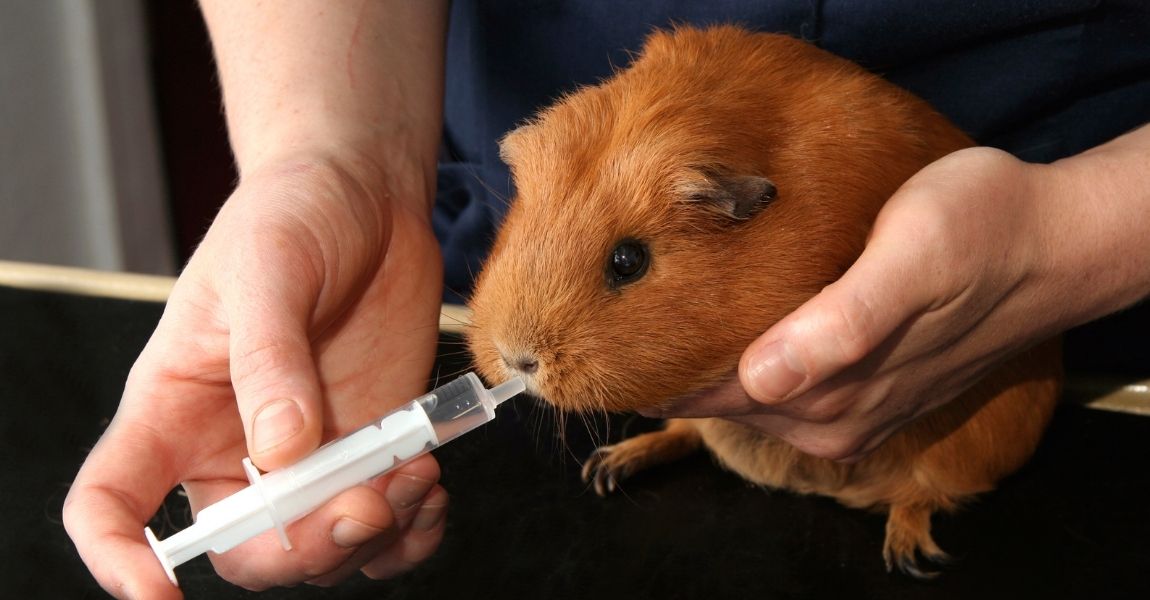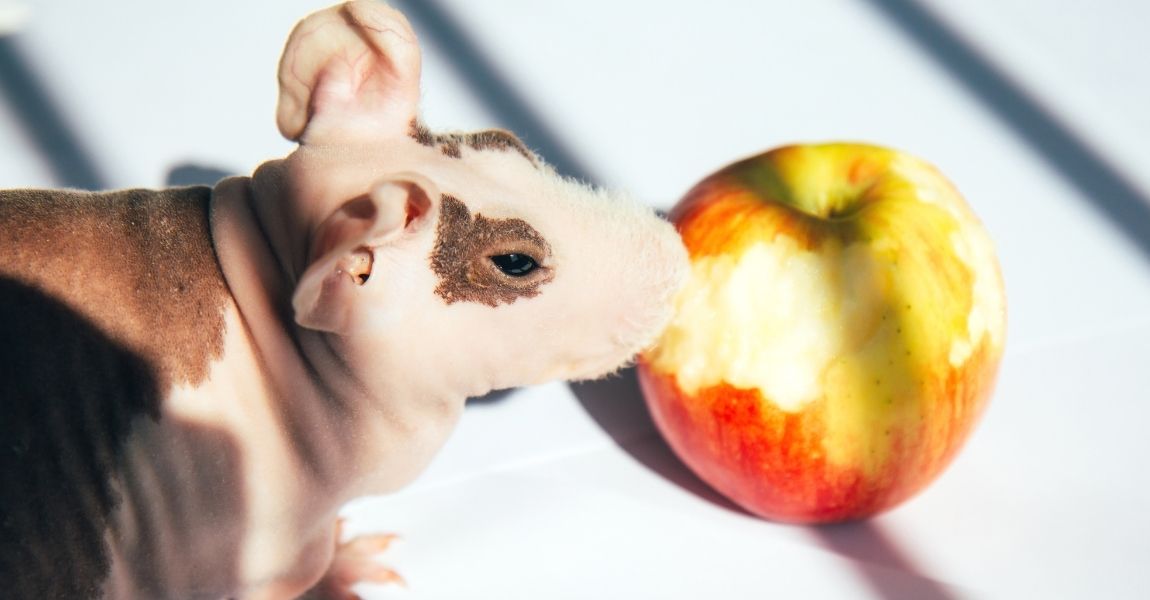Introduction:
Skinny pigs and guinea pigs make adorable and popular pets due to their charming personalities and unique characteristics. However, before bringing one of these small mammals into your home, it's important to be well-informed about their care requirements and needs. In this article, we will explore key considerations for adopting a pet skinny pig or guinea pig, ensuring a happy and healthy life for your new furry friend.
Lifespan and Commitment:
Both skinny pigs and guinea pigs have relatively long lifespans compared to other small pets. Guinea pigs typically live 5-7 years, while skinny pigs can live up to 8-10 years. It's essential to consider the long-term commitment involved in providing care, attention, and love throughout their lives.
Social Nature:
Guinea pigs are highly social animals that thrive in the company of their own kind. It is recommended to adopt at least two guinea pigs, preferably of the same sex and compatible personalities, to prevent loneliness and provide social interaction. Skinny pigs, a hairless breed of guinea pig, also benefit from companionship but may require special considerations due to their lack of fur.
Housing Requirements:
Both skinny pigs and guinea pigs need spacious and secure enclosures. A minimum cage size of 7.5 square feet is recommended for one guinea pig, but larger is always better. The cage should have a solid bottom (to prevent foot injuries), adequate ventilation, and be escape-proof. Provide hiding spots, toys, and tunnels for mental stimulation and a sense of security.
Diet and Nutrition:
A balanced diet is crucial for the overall health of your skinny pig or guinea pig. Their diet should consist of fresh, high-quality hay as the main component, along with fresh vegetables and a limited amount of fortified guinea pig pellets. Avoid feeding them foods that are toxic to their digestive system, such as chocolate, caffeine, onions, and certain fruits and vegetables.
Vitamin C Requirements:
Guinea pigs, including skinny pigs, are unable to synthesize their own vitamin C and require a dietary source. Include vitamin C-rich foods in their diet, such as bell peppers, broccoli, and leafy greens, or supplement their diet with guinea pig-specific vitamin C drops to prevent scurvy and maintain their overall health.
 Grooming and Hygiene:
Grooming and Hygiene:
Skinny pigs require special attention to their skin and grooming needs due to their lack of fur. Regularly inspect their skin for any abnormalities, dryness, or irritation. Provide a warm and cozy environment, as they are more sensitive to temperature changes. Guinea pigs, on the other hand, require regular nail trims, dental checks, and occasional brushing (especially long-haired breeds) to maintain their well-being.
Veterinary Care:
Like any other pet, regular veterinary check-ups are essential for the health and welfare of skinny pigs and guinea pigs. Find a veterinarian experienced in exotic small mammals and schedule annual examinations to monitor their overall health, dental condition, and to address any potential issues promptly.
Exercise and Playtime:
Both skinny pigs and guinea pigs require regular exercise and mental stimulation. Provide a safe and supervised play area outside their enclosure where they can explore, exercise, and interact with you. Provide tunnels, toys, and opportunities for gentle interaction to keep them mentally and physically active.
Child and Pet Compatibility:
While skinny pigs and guinea pigs can be great pets for families, it's important to ensure compatibility with young children and other pets. Teach children to handle them gently and with respect. Introduce them slowly to other pets, keeping in mind that not all animals may be suitable companions for these small mammals.
Adoption and Rescue:
Consider adopting a skinny pig or guinea pig from a reputable rescue or shelter. There are often many deserving animals in need of loving homes. Adoption not only provides a second chance to an animal in need but also ensures responsible pet ownership.
Conclusion:
Adopting a pet skinny pig or guinea pig can bring joy, companionship, and a bundle of adorable antics into your life. By understanding their lifespan, social nature, housing requirements, diet, grooming needs, veterinary care, exercise, and compatibility, you can provide a loving and nurturing environment for these small mammals. Remember, responsible pet ownership involves commitment, patience, and a genuine passion for providing the best possible care for your furry friends.






